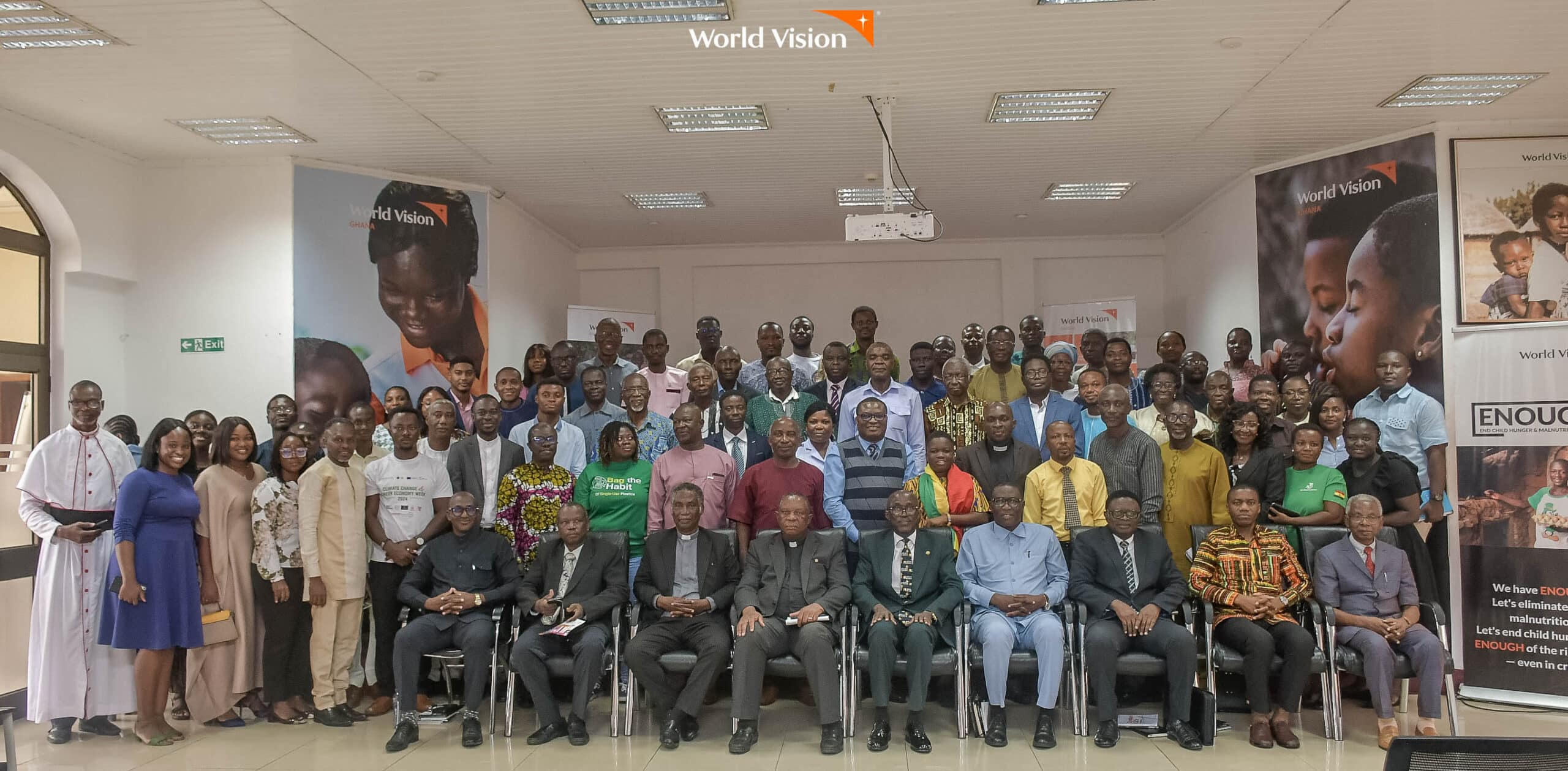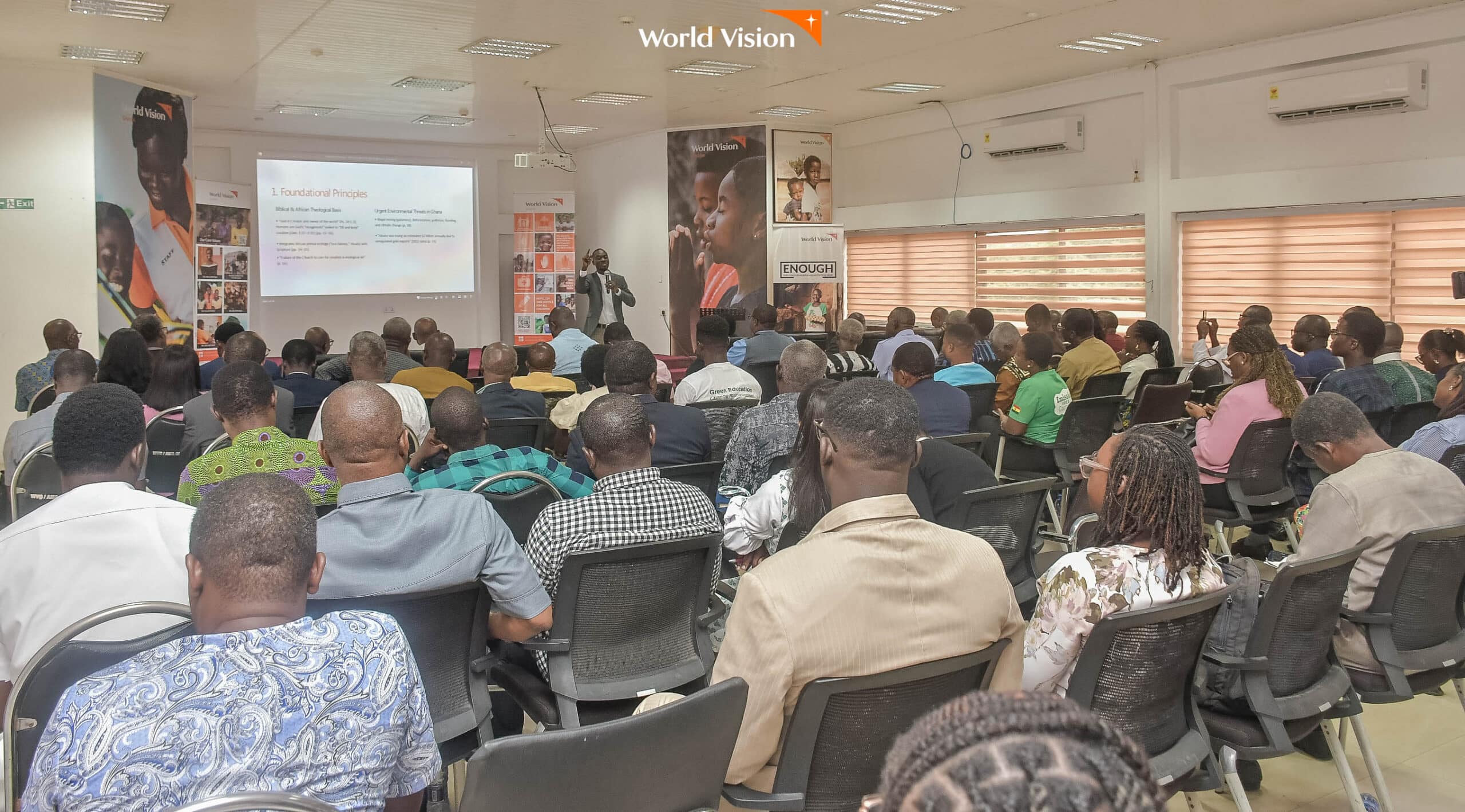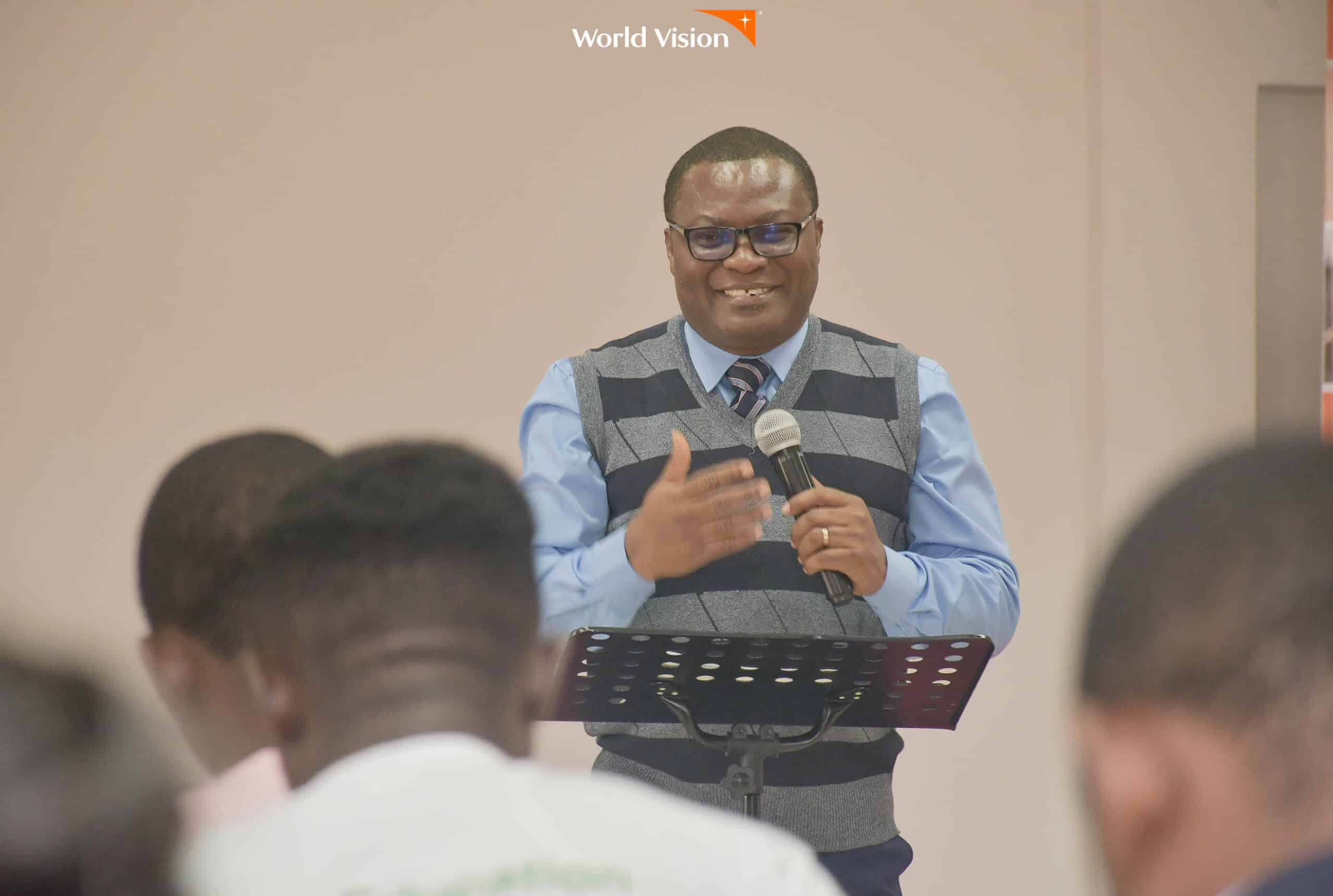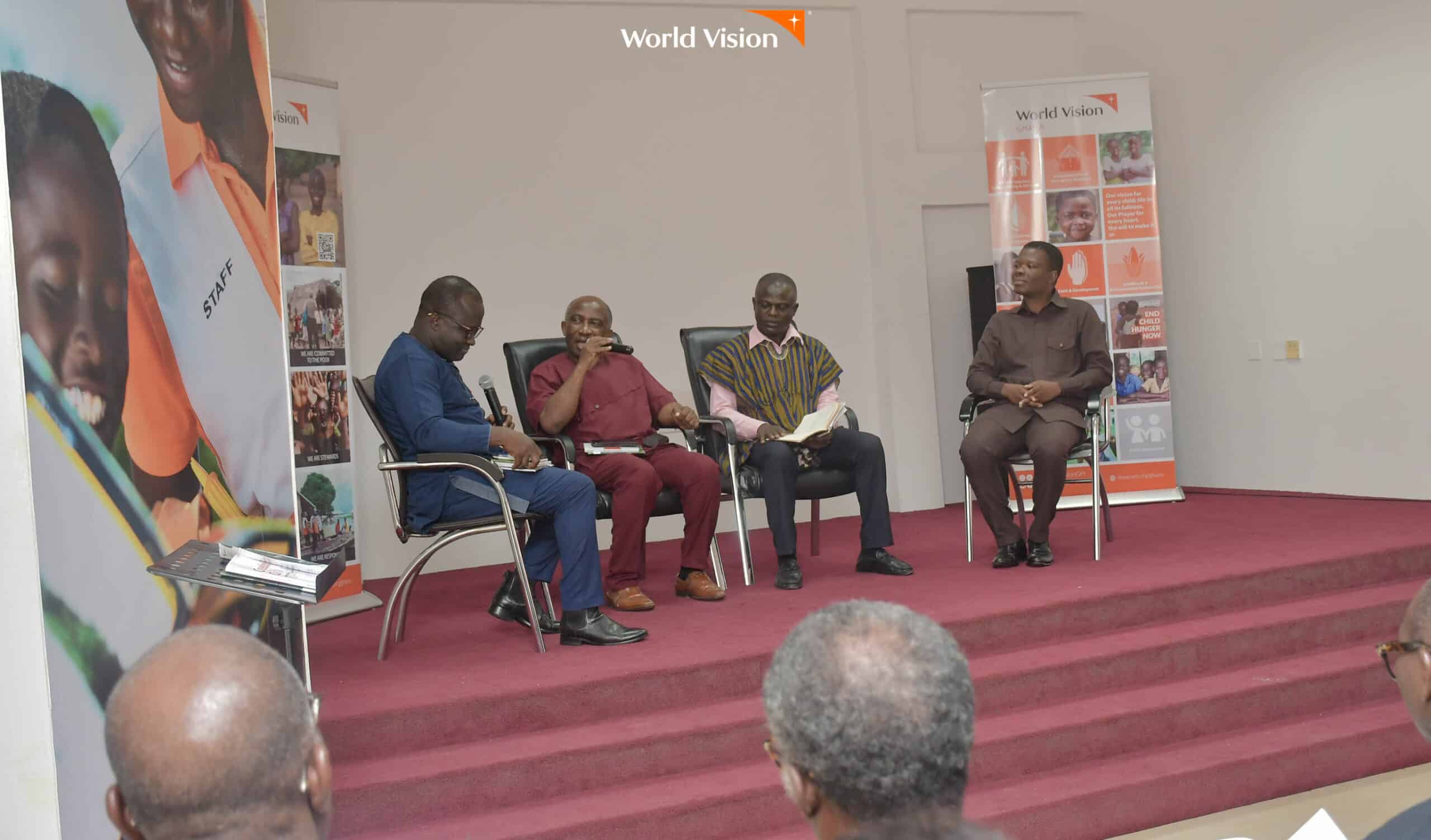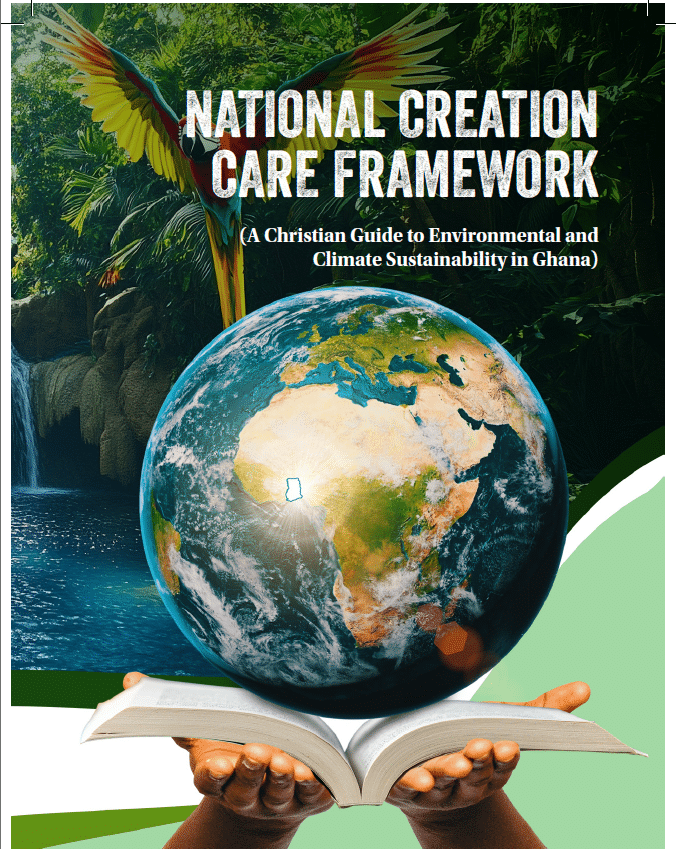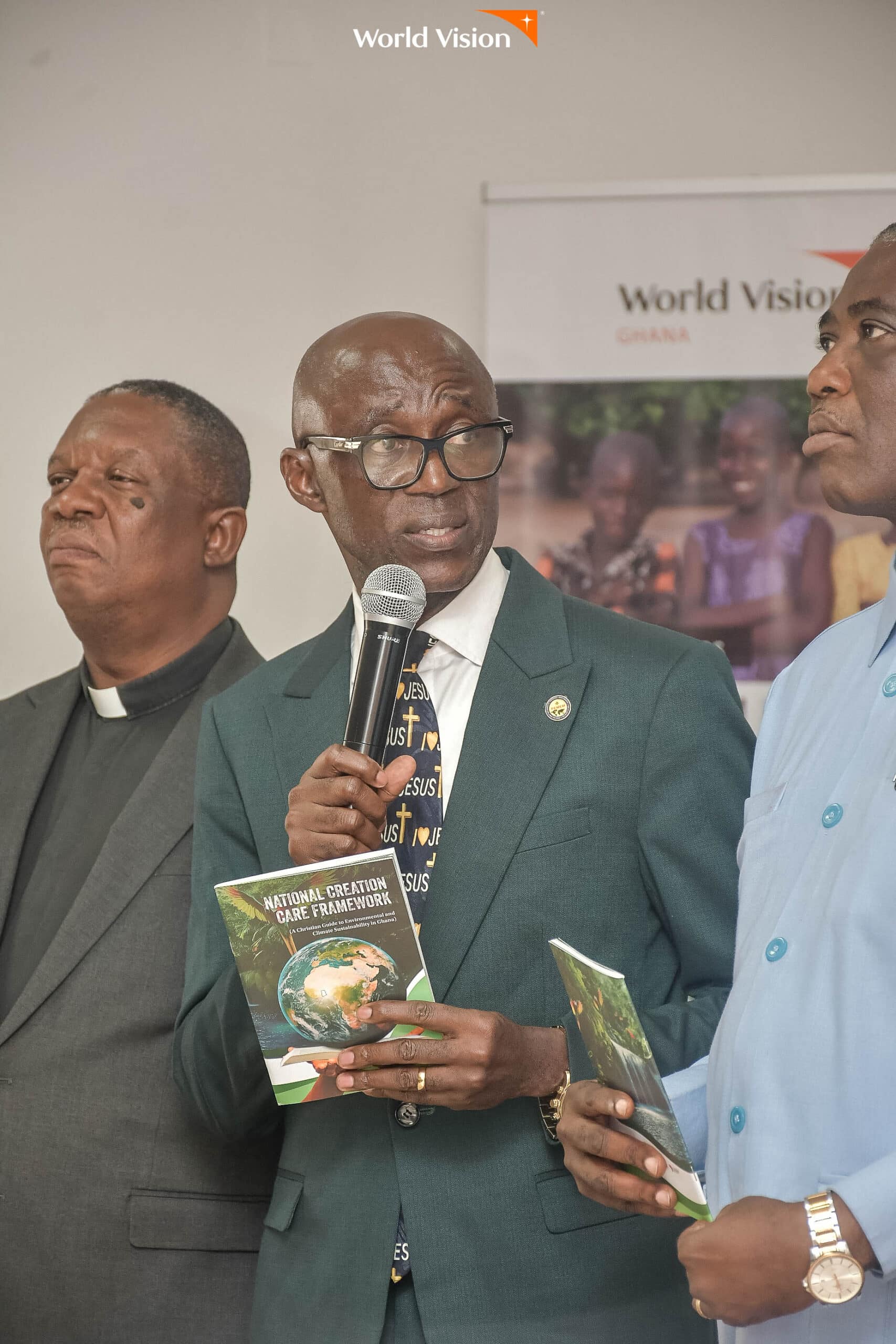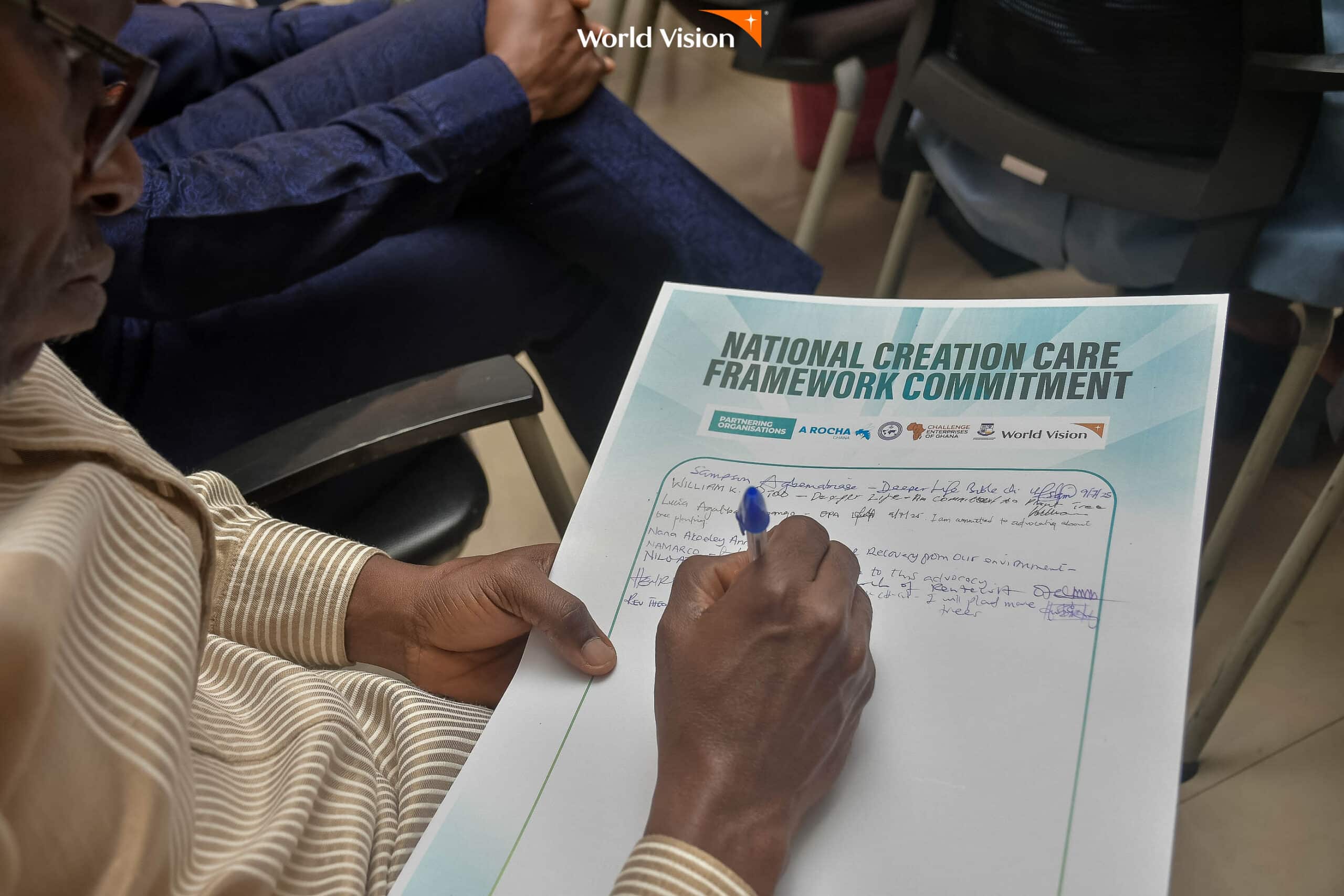When a sector takes a battering, it is only natural for all other sectors to unite in support, helping the struggling sector to regain its strength and vitality.
Ghana’s environmental sector has suffered significantly in recent years, facing challenges from deforestation, pollution, illegal mining, and the impacts of climate change, among others.
Building sector-wide alliances and partnerships to reverse the trend through collective stewardship has become imperative.
Once upon a time, the Church was a silent witness to trees falling, rivers dying, and lands bleeding from illegal mining. But no more. The Christian and interfaith fraternity have stepped forward to play a pivotal role in this recovery process, with churches throughout Ghana pledging a renewed dedication to environmental stewardship.
At the 2025 National Creation Care Conference held on July 7 through to July 9, 2025, at the World Vision Ghana Head Office in Accra, over 30 Christian denominations, environmental experts, academic institutions, and development partners gathered to discuss strategies and initiatives aimed at fostering a sustainable future for the nation.
Under the theme “A Call to Action: The Church in Creation Care,” the conference served as a platform for dialogue, sharing of best practices, and collaborative planning to address the urgent environmental issues facing Ghana.
The conference was a collaboration between the Akrofi-Christaller Institute, the Church of Pentecost, A Rocha Ghana, World Vision International, and Challenge Enterprises. These partners were instrumental in shaping the newly launched framework by offering theological insights, technical expertise, and support for Christian education.
Unified Vision for Stewardship
The main objectives were to develop contextualized Creation Care strategies for churches and faith-based groups, promote collective community engagement on environmental issues, create an accountability network to track church-led sustainability efforts, and encourage knowledge sharing and innovation within the Christian community.
In his opening remarks, Apostle Dr. Sam Gakpetor, National Coordinator of the National Discipleship and Leadership Development Committee (NDLDC) for The Church of Pentecost (CoP), emphasized that the ongoing ecological crisis is not just a scientific or political issue but a deeply spiritual and moral one. He urged the Christian community to see creation care as an essential aspect of their faith.
Drawing from Biblical teachings, Rev. Gakpetor reminded the audience that humanity has been entrusted by God to nurture and protect the earth, not exploit it. “We are not just caretakers of souls—we are stewards of the earth God has given us,” he stated, adding, “The time for passive concern is over. The Church must now take the lead.”
Churches, Academia, and Institutions Stand Together
Among the represented denominations were The Church of Pentecost, Presbyterian Church of Ghana, Methodist Church, Assemblies of God, Anglican Church, Baptist Convention, Salvation Army, Royal House Chapel, Deeper Life Bible Church, Ghana Pentecostal and Charismatic Council (GPCC), Christian Council of Ghana (CCG), and Ghana Evangelism Committee.
The event also included participation from institutions such as Pentecost University, the University of Environment and Sustainable Development, the Environmental Protection Agency (EPA), the Forestry Commission, the Center for Environment and Health Research and Training, and advocacy groups like A Rocha Ghana and Aya Green Initiative, among others.
Theology Meets Ecology
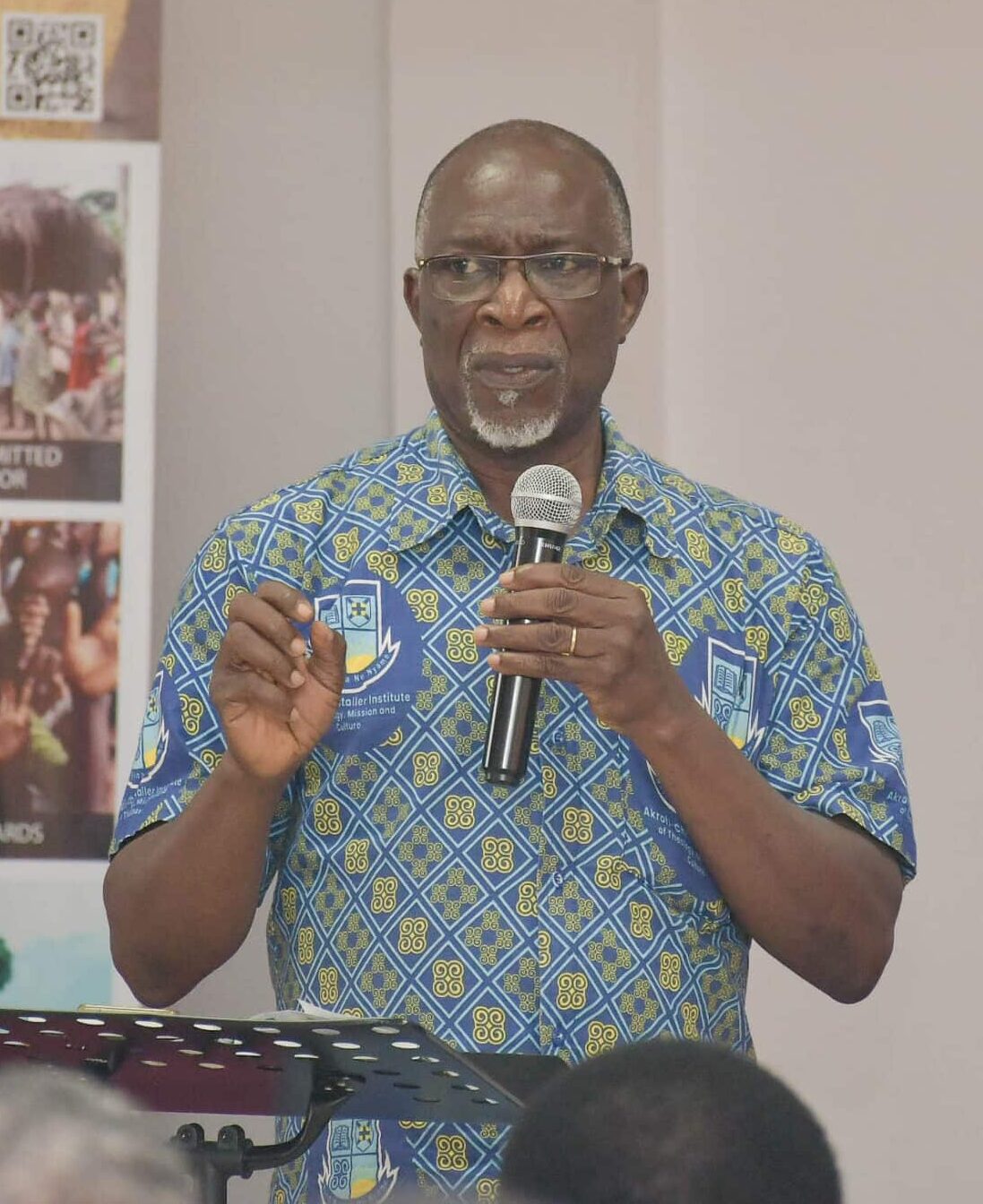 A highlight of the first day was a compelling keynote address by Prof. Ebenezer Yaw Blasu, who spoke on “Biblical Themes or Green Threads Calling the Church to Creation Care Action.” He encouraged participants to read the Bible with “green eyes” and acknowledge God’s covenant with all of creation.
A highlight of the first day was a compelling keynote address by Prof. Ebenezer Yaw Blasu, who spoke on “Biblical Themes or Green Threads Calling the Church to Creation Care Action.” He encouraged participants to read the Bible with “green eyes” and acknowledge God’s covenant with all of creation.
Prof. Blasu lamented the Church’s role in environmental degradation but called for repentance and redemptive action.
A panel discussion followed, where representatives from churches and universities stressed the urgent need for eco-theological preaching and environmentally responsible lifestyles within Christian communities. The day also included denominational breakout sessions, allowing churches to develop context-specific strategies for integrating environmental stewardship into worship and daily life.
A National Framework Forged in Faith
The climax of the conference came with the unveiling of the National Creation Care Framework, a meticulously developed, theologically grounded, and scientifically guided roadmap for mobilizing the Church in environmental action.
Crafted over two years by an alliance of churches, academics, and advocacy groups like A Rocha Ghana, Akrofi-Christaller Institute, and Challenge Enterprises, this Framework integrates Biblical wisdom, African spirituality, local knowledge, and environmental science into a powerful strategy to heal Ghana’s land and hearts.
It was formally launched by Apostle Vincent Anane Denteh, standing in for the Chairman of the Church of Pentecost, joined by heads of churches, university dons, environmental agencies, and development leaders.
At the launch, Jean-Claude Mukadi, Director of World Vision Ghana, urged church leaders to champion environmental causes and make good use of the Framework.
Daryl Bosu, Deputy National Director for A Rocha Ghana, shared a brief history of how A Rocha Ghana has championed and facilitated interfaith activism and advocacy in environmental protection. He expressed enthusiasm for the growing number of church leaders present at the launch and pledged the continuous support of A Rocha Ghana towards creation care.
The conference ended with a symbolic signing ceremony towards a unified Christian movement for environmental stewardship. With pens raised like swords, leaders across the faith and policy spectrum pledged to not only teach about creation care but to live it, lead it, and institutionalize it.
A specially designed sermon book by World Vision was also launched—arming pastors with messages that blend lifestyles with green living, worship with waste management, and hope with habitat restoration.

